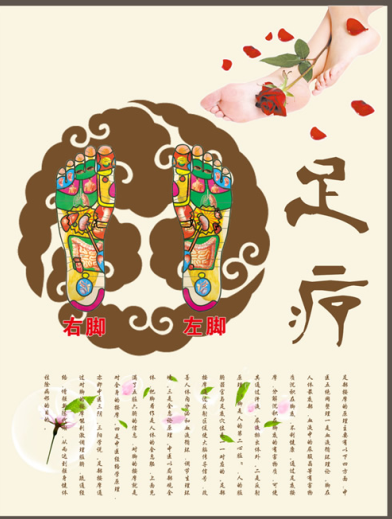The physiological functions of body fluid include the following three aspects.
Moistening and Nourishing
Body fluid contains large quantity of water and nutrient substances to moisten and nourish the viscera and the body. To be specific, the thin fluid, distributed in the skin and orifices, mainly functions to moisten the body; the thick fluid, distributed in the viscera and cerebral marrow, mainly functions to nourish the body.

Transformation of Blood
Body fluid not only flows outside the vessels, but also inside the vessels to participate in the production of blood. Blood is composed of two parts: body fluid and the nutrient qi. If body fluid is insufficient, the production of blood will be reduced, leading to blood deficiency.
Transportation of Turbid Qi
Body fluid can hold various turbid qi and waste materials produced by qi-transformation and transport them to the concerned organs to be excreted out of the body through urination, sweating and respiration. The waste materials and the turbid qi are directly excreted in the form of fluid through urination and sweating. But the turbid qi excreted through respiration is transported to the lung first by body fluid and then exhaled out of the body. If body fluid is insufficient, the turbid qi cannot be quickly excreted out of the body, seriously affecting qi-transformation and causing various pathological changes.







